US, Russia and China agree on Afghanistan foreign troop withdrawal
Joint statement says Taliban has made a 'commitment' to fight ISIS and to sever ties to Al-Qaeda
The United States on Friday, April 26 found backing from rivals Russia and China on the key formula of a peace deal it is negotiating in Afghanistan – withdrawing troops in return for Taliban pledges not to welcome foreign extremists.
Zalmay Khalilzad, the U.S. envoy who is set shortly to hold his latest round of talks with the Taliban, called the consensus a “milestone” in efforts to end the war after he met Russian and Chinese representatives in Moscow.
A joint statement by the three countries called for an “inclusive Afghan-led” peace process and outlined points expected to feature in an eventual agreement.
“The three sides call for an orderly and responsible withdrawal of foreign troops from Afghanistan as part of the overall peace process,” the statement issued by the U.S. State Department said.
They also said that the Taliban has made a “commitment” to fight Islamic State and to “cut ties with Al-Qaeda, ETIM [East Turkestan Islamic Movement], and other international terrorist groups.”
The Taliban has promised to “ensure the areas they control will not be used to threaten any other country,” the statement said, calling on them to prevent any “terrorist recruiting, training and fund-raising.”
One major sticking point is the Taliban’s refusal to negotiate with the government of Afghan President Ashraf Ghani, which has wide-ranging international support.
Hopes for a breakthrough suffered a major setback on April 19 after a key summit between the Taliban and Afghan officials was indefinitely postponed in a row over the large number of delegates Kabul wanted to send. The insurgents had insisted they would only talk to Ghani’s government in a “personal capacity,” but any contact between the two parties would have been hugely significant.
“The three sides encourage the Afghan Taliban to participate in peace talks with a broad, representative Afghan delegation that includes the government as soon as possible,” the statement said, adding that they “support a second round of intra-Afghan dialogue in Doha.”
Khalilzad said that the statement, along with his talks earlier in the week in London with European envoys, “means we have an emerging international consensus on U.S. approach to end the war and assurances terrorism never again emanates from Afghanistan.”
“More to do but important milestone,” he tweeted.

America’s ‘forever war’
President Donald Trump is eager to end what is sometimes called America’s “forever war.”
The United States first sent troops to Afghanistan in response to the September 11, 2001 attacks, and there are now around 14,000 U.S. troops in the country, working with NATO’s Resolute Support non-combat mission to train, advise and assist the Afghan security forces, or in separate counter-terrorism operations.
More than 2,400 U.S. personnel have been killed in the conflict, and more than $900 billion has been spent.
In December, Trump decided that there would be a “significant withdrawal” of troops from Afghanistan, a U.S., a day after he announced a withdrawal from Syria.
But during his confirmation hearing in early December, General Kenneth McKenzie, the new commander of United States Central Command, which oversees U.S. military operations in the Middle East including Afghanistan, voiced concern about a premature U.S. military withdrawal from the country, warning that local forces who took over the fight against the Taliban at the start of 2015 were not ready to go it alone.
“I do know that today it would be very difficult for them to survive without our and our coalition partners’ assistance,” McKenzie said.

Russia and China both have strong interests in Afghanistan. Some 14,000 Soviet soldiers were killed in Afghanistan from 1979 to 1989 in a conflict with U.S.-backed Islamist mujahideen guerrillas.
China has been stepping up its involvement in Afghanistan both militarily and economically as it voices worries that militants could sneak into its restive Muslim-majority Xinjiang region.
Khalilzad will also hold separate talks during his latest trip with Pakistan and India, which have strongly different views on Afghanistan.
Pakistan’s Prime Minister Imran Khan on Thursday said the current peace process in Afghanistan “presents a historic opportunity for peace in the region and Pakistan is fully supporting the process.”
“Pakistan will not be party to any internal conflict in Afghanistan anymore,” Khan said.
One country that has criticized the U.S. approach is Iran, whose foreign minister, Mohammad Javad Zarif, recently said that the United States had alienated Afghans by turning the Taliban into king-makers.
Pro-government forces kill more Afghanistan civilians than insurgents, UN finds
With reporting from AFP

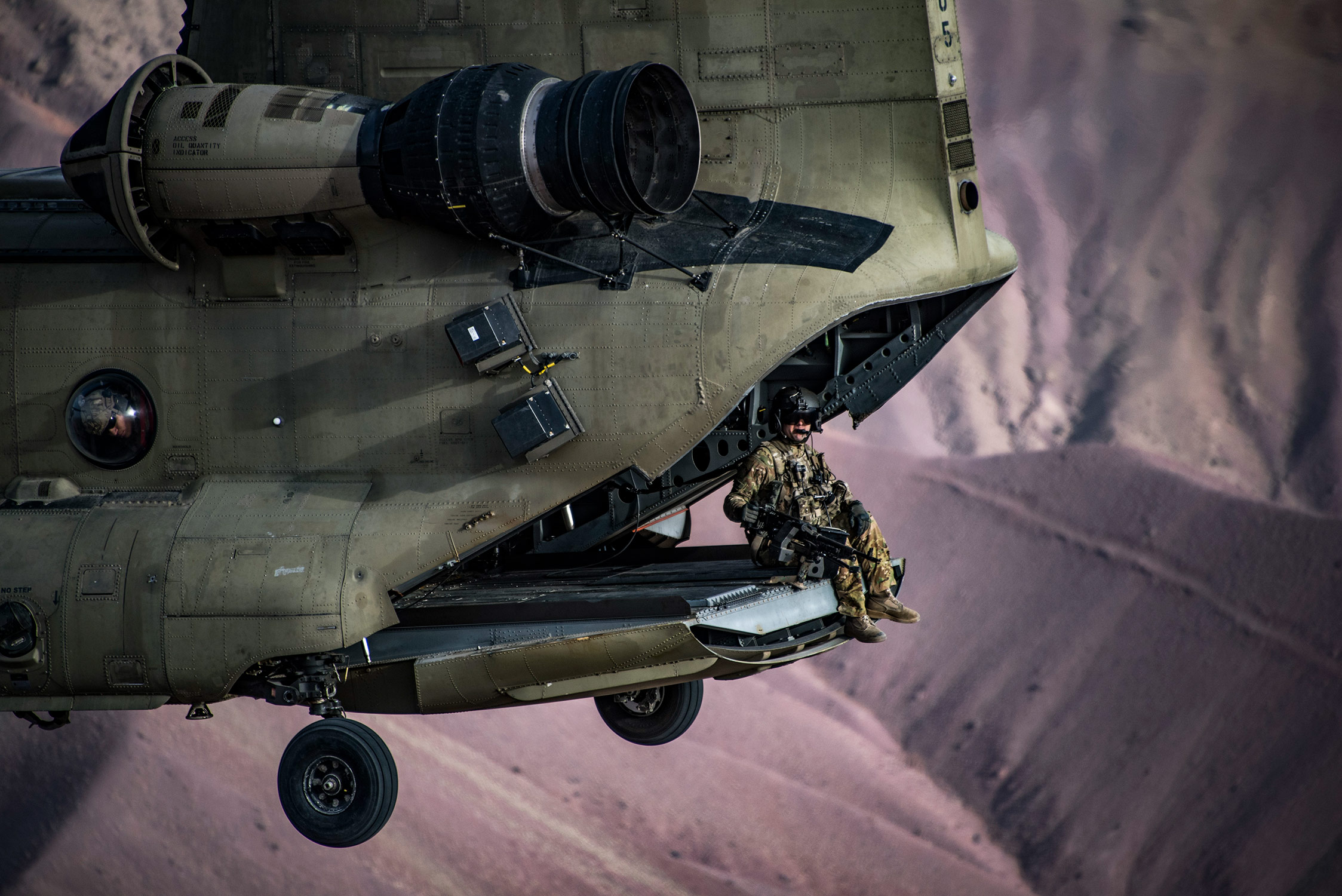

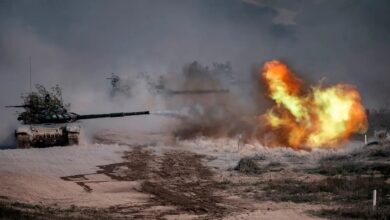

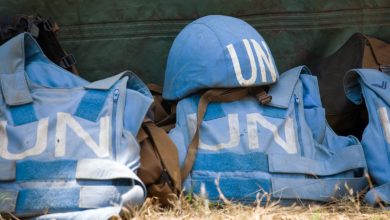
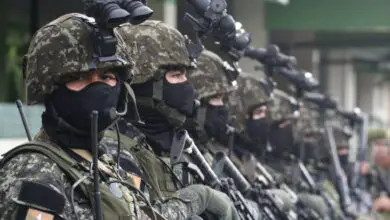

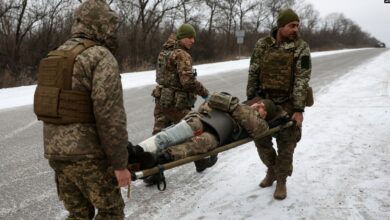


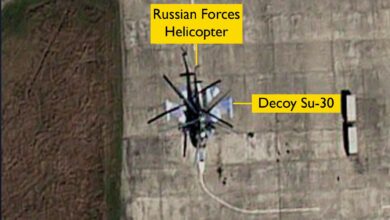
5 Comments